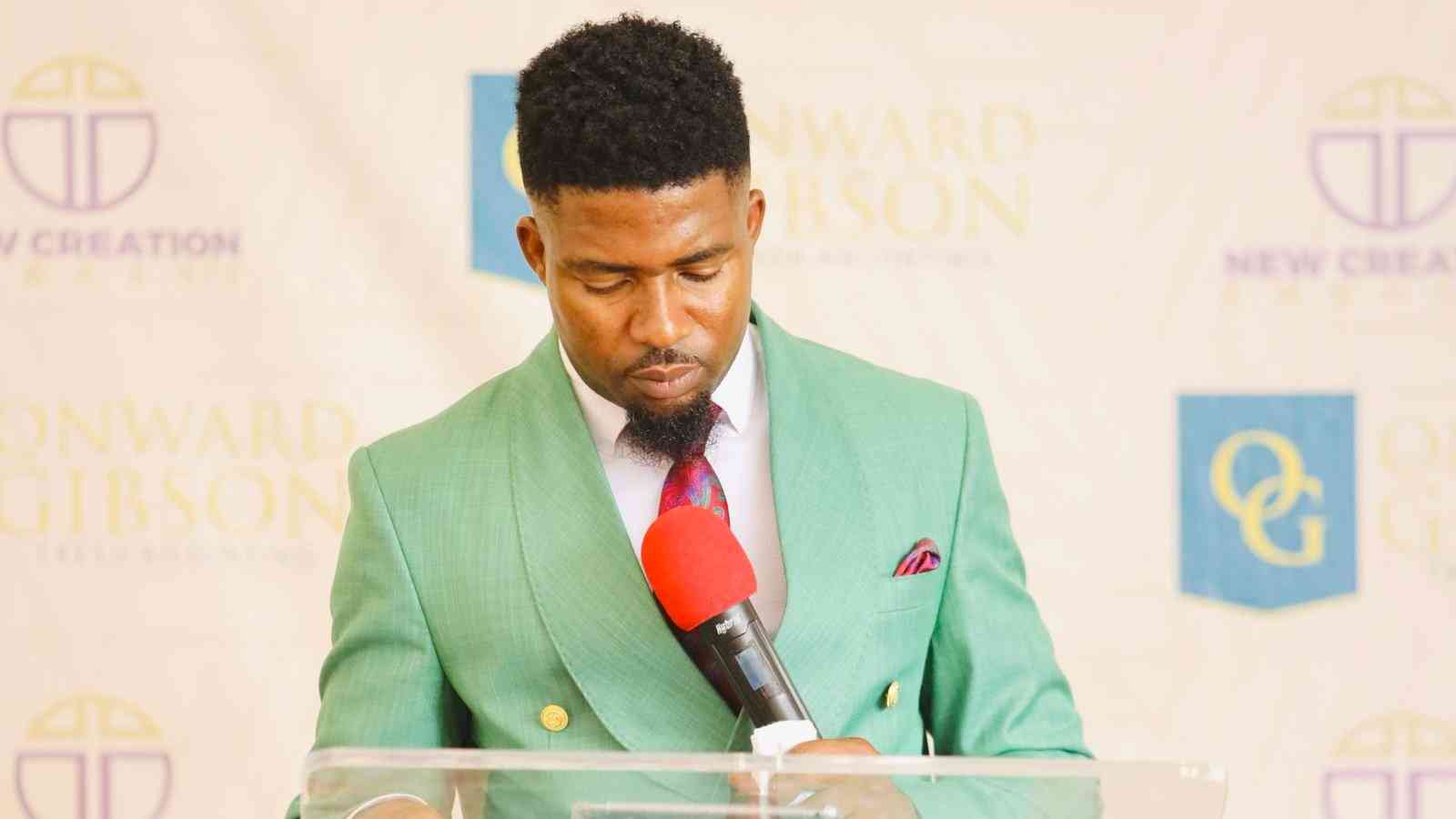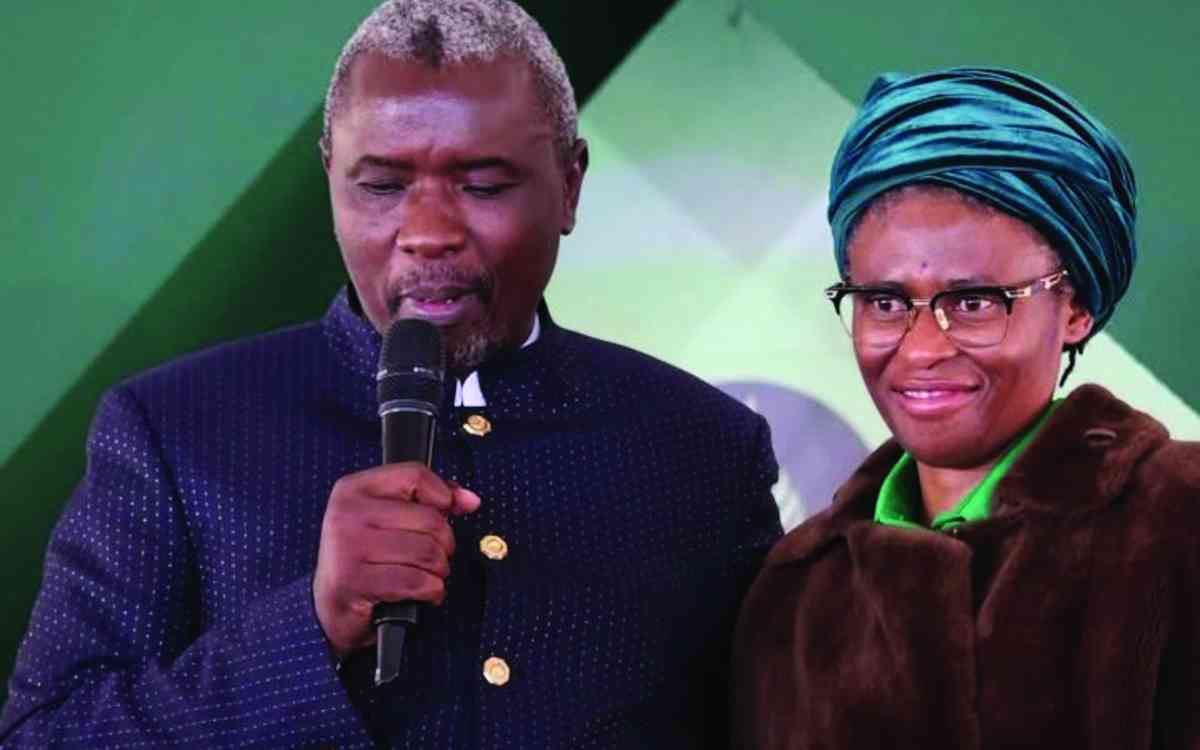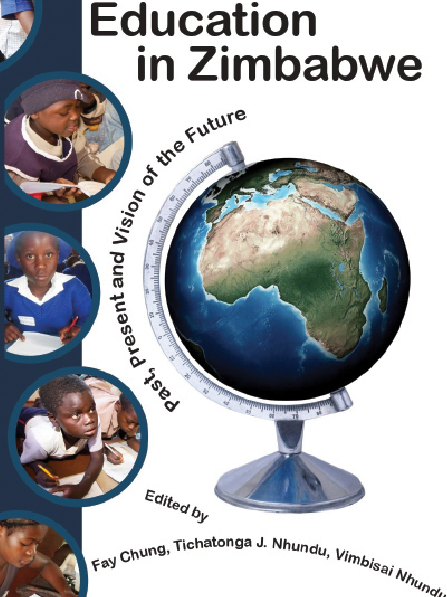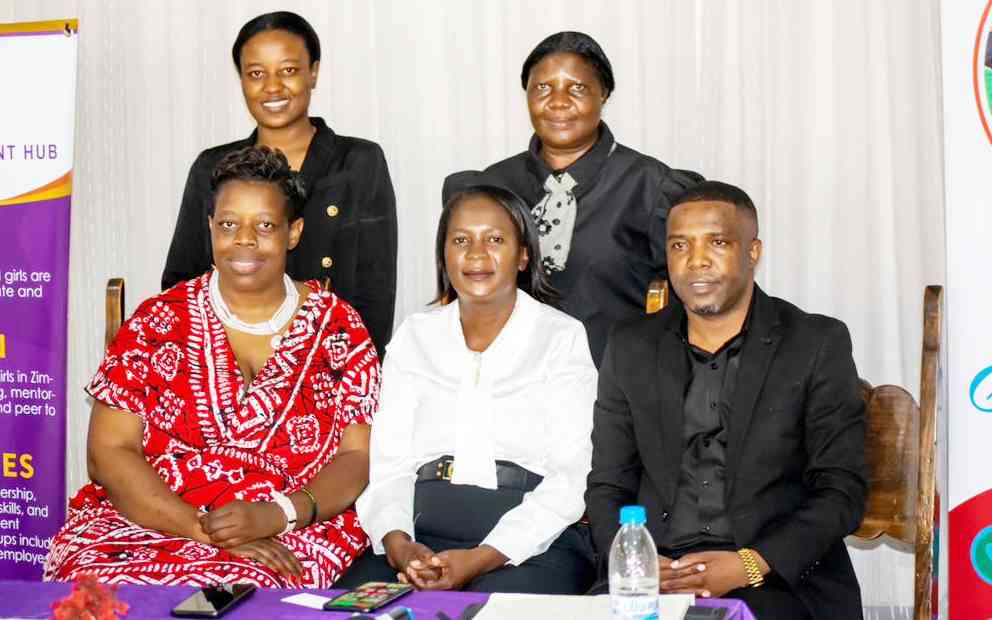
Renowned religious leader, director of My Age Zimbabwe and AVAC Fellow Onward Gibson with support from AVAC and Inerela+ hosted a side session during International Conference of Aids and STIs in Africa (ICASA) to discuss issues relating to faith and human rights.
Gibson said it is time for religious leaders to come together to address issues of human rights including the killing of women and children in Palestine, gender based and all forms of violence and discrimination against humanity.
“It's important to note that while religious leaders can play a significant role in promoting love and non-discrimination, lasting change requires collective efforts from individuals, communities, and institutions,” he said.
“By embracing these principles in both their personal lives and their teachings, religious leaders can inspire their followers to do the same, creating a ripple effect of love, acceptance, and inclusion in society as a whole and that is the centre of peace, justice and truth.”
Reverend Canon Gideon Mungisha of Uganda’s renowned Canon Gideon Foundation, who has been vocal on LGBTQI+ rights in Uganda, one of the panelists, said it was opportune for religious leaders to converge on the theology of love and the principle of non-discrimination which all religions are based on love and peace.
He decried on discriminatory laws that pose violence and persecution of LGBTI people due to their sexual orientation are not biblical.
Reverend Maxwell Kapachawo, who is the first religious leader in Zimbabwe to speak publicly on his HIV status, was part of the discussion.
Kapachawo said statistics show that HIV prevalence among key populations is high and they need health services including HIV and STI screening, testing and treatment .
- ZRC wraps up stakeholder consultations
- Letter from America: Ariel Primary: A school that teaches pupils to be angels
- Grace tidings: Faith of God: The access code to victorious living
- Grace tidings: Right and wrong thinking
Keep Reading
He added that this can only happen in a society where the laws are not punitive.
Richard Lusimbo, a Ugandan LGBTQI+ activist, also part of the meeting, said he was a devoted Christian and had been serving and fellowshipping in a local church in Uganda, but left when he felt discriminated against in the church because of his sexual orientation.
“l know that the relationship with God is personal, l pray and l get answers, the bible calls me to love anyone who is different to me and until now l carry that value anywhere. But this is nit the same for every LGBTQI+ people who are now questioning their faith because that are supposed to love and embrace them bash them everyday on the pulpit,” Lusimbo said.
Love is a central theme in many religious traditions, emphasizing the importance of compassion, kindness, and acceptance towards all individuals, regardless of their backgrounds, beliefs, or identities.
By promoting love as a guiding principle, religious leaders can encourage their followers to treat others with respect and dignity, fostering a more inclusive and harmonious society.
Joseph Charlton, a religious leader from the United States said non-discrimination was another crucial aspect of this convergence.
It involves recognising the inherent worth and equal rights of every individual, irrespective of their religious belief,race, ethnicity, gender, sexual orientation, or any other characteristic.
When religious leaders actively advocate against discrimination and work towards creating an environment of acceptance, they contribute to building bridges between different communities and promote social justice.
By working together, religious leaders can leverage their influence to challenge discriminatory practices, educate their congregations about the importance of love and acceptance, and promote dialogue and understanding among diverse groups.
This kind of collaboration has the potential to create a powerful force for positive change, fostering a more inclusive society where everyone is valued and respected.










